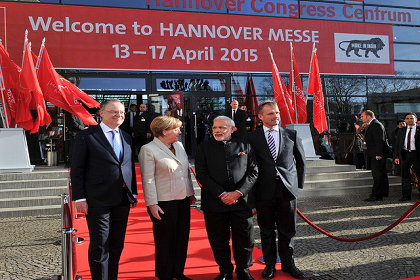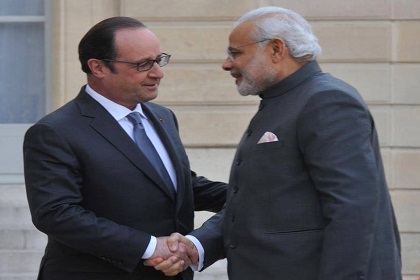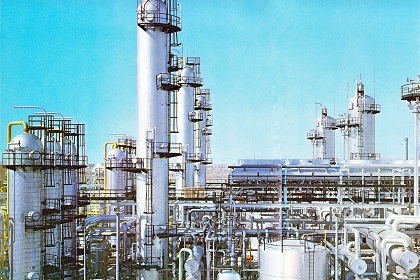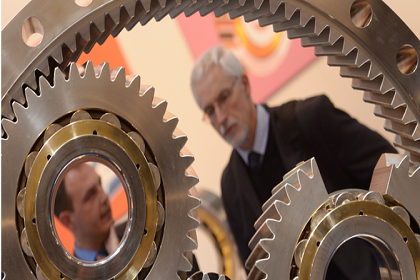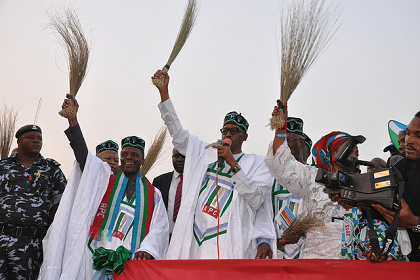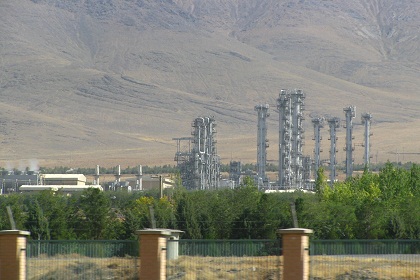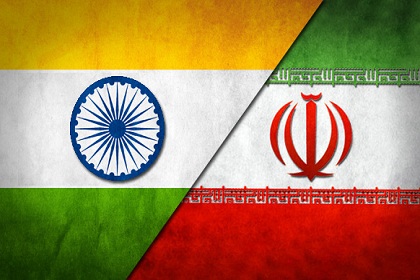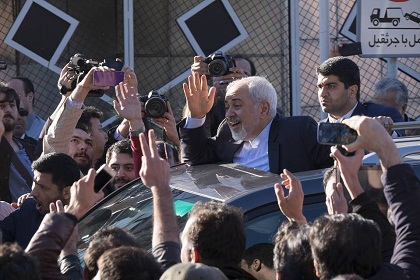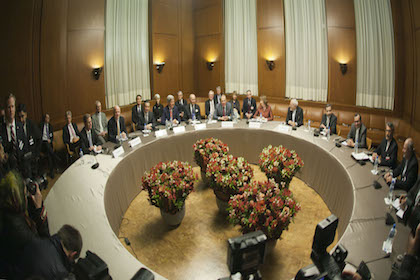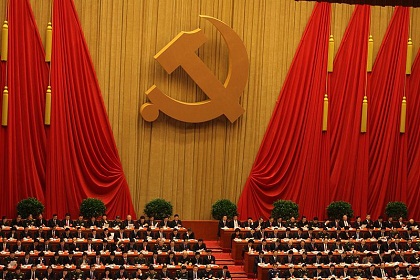Modi in Hannover: Industry 4.0
Germany is a crucial partner for India, especially for the Make in India programme. The needs and strengths of both countries are complementary: in India, German companies are among the largest employers, and Germany is the second largest destination for Indian investment in Europe. India needs to develop and enhance the skill of its population, and develop an advanced manufacturing base. For this, a new level of collaboration is required.


